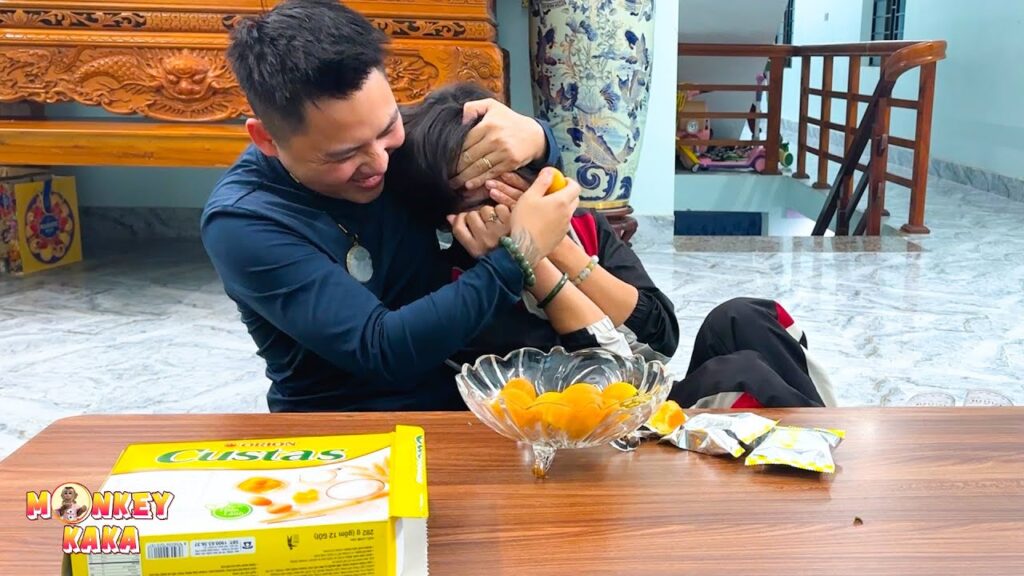For a visual glimpse into this heartwarming reunion, you can watch the following video:
In the intricate dance of marriage, conflicts are inevitable. However, when a wife resolutely decides not to forgive her husband for his transgressions, it can lead to profound consequences for both individuals and the relationship as a whole.
The Emotional Toll on the Husband
A husband’s repeated rejection by his wife can lead to feelings of inadequacy, loneliness, and frustration. Men often seek respect and validation from their partners, and consistent denial can erode their self-esteem. This emotional neglect may push them to seek affirmation elsewhere, potentially leading to infidelity or detachment from the marriage. Moreover, the lack of intimacy and connection can foster resentment, creating a chasm that becomes increasingly difficult to bridge.
The Wife’s Perspective
From the wife’s standpoint, withholding forgiveness might stem from deep-seated hurt, betrayal, or unresolved issues. She may feel that forgiving too readily undermines the gravity of her husband’s actions or that it exposes her to repeated offenses. This protective mechanism, while understandable, can inadvertently perpetuate a cycle of bitterness and isolation. It’s essential to recognize that forgiveness doesn’t equate to condoning the behavior but rather releasing oneself from the shackles of resentment.
Impact on the Marriage
The absence of forgiveness can lead to a toxic environment where both partners feel trapped in a loop of blame and defensiveness. Communication breaks down, intimacy wanes, and the partnership may devolve into a mere coexistence. Over time, this erosion of connection can culminate in separation or divorce. It’s crucial to understand that forgiveness is a cornerstone of a resilient and enduring marriage.
Pathways to Healing
- Open Communication: Both partners should engage in honest dialogues about their feelings, expectations, and grievances. This transparency fosters understanding and paves the way for reconciliation.
- Seek Professional Guidance: Marriage counseling can provide a neutral platform to address underlying issues and equip couples with tools to navigate conflicts constructively.
- Personal Reflection: Individuals should introspect to understand their own emotions and triggers. Recognizing one’s role in the dynamic can be a powerful step toward change.
- Practice Empathy: Attempting to see the situation from the partner’s perspective can soften hardened stances and foster compassion.
- Set Boundaries and Expectations: Clearly defining acceptable behaviors and consequences can help prevent future transgressions and build trust.
In conclusion, while the pain of betrayal or wrongdoing is valid, holding onto unforgiveness can be detrimental to both partners and the marriage. Embracing forgiveness, coupled with proactive steps toward healing, can rejuvenate the relationship and lay the foundation for a more profound connection.



